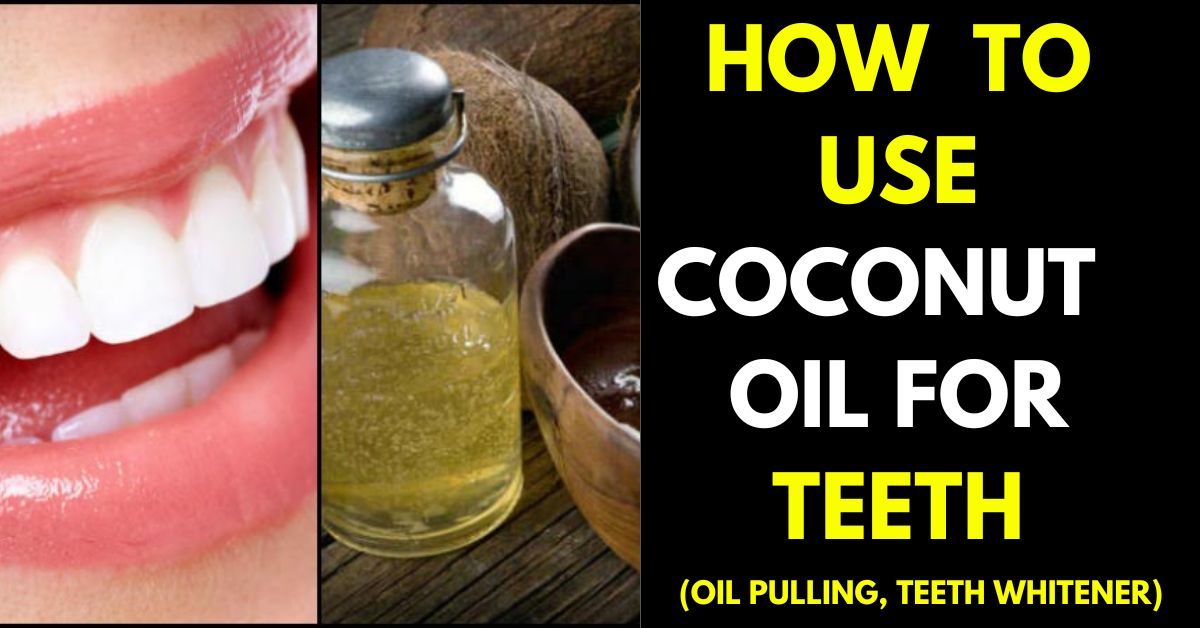Bad breath, also known as halitosis, is a common problem that can be caused by a variety of factors. It can be embarrassing and can affect your confidence and social interactions. However, there are many things you can do to get rid of bad breath and keep your mouth fresh and clean.
Here are common causes of bad breath and some remedies that may help:
Possible Causes of Bad Breath

- Poor oral hygiene: Not brushing your teeth and tongue regularly can cause bacteria to build up, leading to bad breath. Make sure to read these top oral hygiene tips to kill bacteria in your mouth and freshen your breath.
- Dry mouth: Saliva helps to keep your mouth clean and moist, but if you have a dry mouth, there may not be enough saliva to keep bacteria at bay. Drink plenty of water, chew gum, or use a mouth spray to help stimulate saliva production.
- Food: Certain foods, such as garlic and onions, can cause bad breath due to the strong odors they release when they are broken down by enzymes in the mouth. Brushing your teeth or using mouthwash can help to remove the odors.
- Tobacco: Smoking or chewing tobacco can cause bad breath and yellowing of the teeth. Quitting tobacco use is the best way to improve your breath and overall oral health.
- Alcohol: Alcohol can dry out your mouth and contribute to bad breath. Limiting your alcohol intake and staying hydrated can help to prevent dry mouth and bad breath.
- Certain medications: Some medications can cause dry mouth, which can lead to bad breath. Talk to your doctor about possible side effects of your medications and ways to manage them.
- Medical conditions: Certain medical conditions, such as acid reflux and diabetes, can cause bad breath. Managing these conditions can help to improve your breathing.
- Mouth infections: Infections in the mouth, such as gum disease or abscesses, can cause bad breath. Proper oral hygiene and seeing a dentist for treatment can help to resolve the issue.
- Dental appliances: Dental appliances, such as dentures, can accumulate bacteria and cause bad breath if they are not cleaned properly. Make sure to clean your appliances regularly to prevent bad breath.
- Dehydration: Dehydration can cause dry mouth and bad breath. Make sure to drink plenty of water to stay hydrated and prevent dry mouth.
- Stress: Stress can affect your oral hygiene habits and lead to bad breath. Taking care of your mental and emotional health can help to improve your breathing.
- Mouth breathing: Breathing through your mouth can cause dry mouth and bad breath. If you have nasal congestion, try using a humidifier or saline nasal spray to help you breathe through your nose.
- Sinus infections: Sinus infections can cause bad breath due to the excess mucus and bacteria in the nasal passages. Treating the infection can help to improve your breathing.
- Allergies: Allergies can cause nasal congestion, which can lead to mouth breathing and dry mouth. Treating allergies can help to improve your breath.
- Poor diet: A diet high in sugary and processed foods can contribute to bad breath. Eating a healthy, balanced diet can help to improve your breath.
How to Get Rid of Bad Breath Naturally
Here are some natural remedies that may help to improve your breath:
- Practice good oral hygiene: Proper oral hygiene, including brushing your teeth twice a day, flossing daily, and using mouthwash, can help to prevent bad breath by removing bacteria and food particles from your mouth. If you’re struggling to find the time to floss every day, consider using floss picks as an alternative. These handy tools significantly reduce the time it takes to floss and can easily reach between tight teeth. I’ve personally found them to be very effective and highly recommend giving them a try.
- Drink plenty of water: Dehydration can cause dry mouth, which can lead to bad breath. Staying hydrated by drinking plenty of water can help to keep your mouth moist and prevent bad breath.
- Chew gum or eat fresh fruit: Chewing gum or eating fresh fruit, such as apples or pears, can stimulate saliva production, which can help to wash away bacteria and freshen your breath.
- Use mouthwash: Mouthwash can help to kill bacteria and freshen your breath. Look for natural mouthwashes that are alcohol-free and made with natural ingredients, such as tea tree oil or peppermint.
- Brush your tongue: Bacteria can build up on your tongue, causing bad breath. Make sure to brush your tongue as part of your oral hygiene routine to help remove bacteria and freshen your breath.
- Use a humidifier: Dry air can cause dry mouth, which can lead to bad breath. Using a humidifier can help to add moisture to the air and prevent dry mouth.
- Eat natural breath fresheners: Certain foods, such as parsley, mint, and fennel, have natural breath-freshening properties. Incorporating these foods into your diet can help to improve your breath.
- Avoid tobacco and alcohol: Tobacco and alcohol can both contribute to bad breath. Limiting your intake of these substances can help to improve your breathing.
- Eat a healthy diet: A diet high in sugary and processed foods can contribute to bad breath. Eating a healthy, balanced diet with plenty of fresh fruits and vegetables can help to improve your breath.
- Get regular dental checkups: Seeing a dentist regularly can help to prevent and treat any dental issues that may be causing bad breath.
Best Store-Bought Products to Help Bad Breath
If you’re looking for store-bought products to help with bad breath, there are several options available.
Mouth moisturizers, such as Biotene mouth rinse and lozenges, can also help to keep your mouth hydrated and free from bacteria.
An oral irrigator can be useful for removing food particles and plaque from hard-to-reach areas, while a saline nasal spray can help to moisturize your nasal passages and treat post-nasal drip.
A tongue scraper can help to remove bacteria from your tongue, and digestive enzymes can improve breath caused by gastrointestinal issues.
Saline nasal spray. If you have chronic bad breath as a result of sinus problems and/or post-nasal drip, talk to your doctor about using a saline nasal spray. It’s a great product you can use on a daily to keep your nasal passages moisturized while also treating post-nasal drip.
Chewing or sucking on sugarless gum or candy can mask bad breath temporarily, while also adding moisture to the mouth.
Final Words
By trying these natural remedies and practicing good oral hygiene, you can help to get rid of bad breath and keep your mouth fresh and clean.
If your bad breath persists or is accompanied by other symptoms, it may be a sign of a more serious underlying condition. In this case, it is important to see a healthcare professional for a proper diagnosis and treatment.




